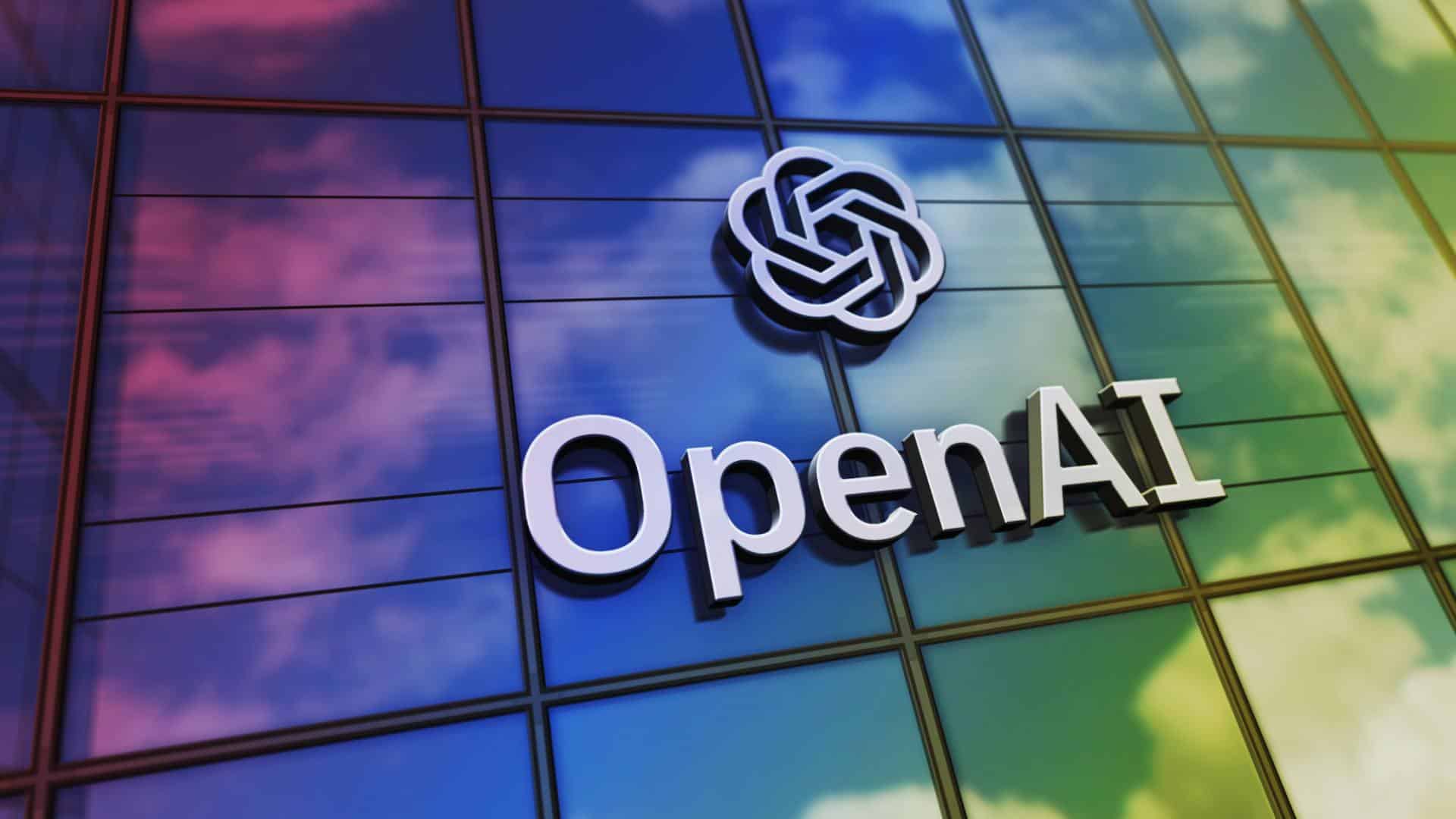OpenAI¶
OpenAI is an artificial intelligence research company founded in 2015, headquartered in San Francisco, USA. Currently, OpenAI is led by founders Sam Altman, Chief Technology Officer Ilya Sutskever, and Chief Executive Officer Ilya Sutskever (who also serves as Chief Research Scientist).
The company has approximately 770 employees, including over 100 world-class scientists and engineers, and has established deep partnerships with tech giants like Microsoft, Google, and Amazon. It has achieved significant accomplishments, particularly in the development of intelligent robotics and autonomous driving. At the same time, OpenAI's corporate culture emphasizes openness and transparency, encouraging employees to actively participate in company decisions and development, and promoting knowledge sharing and technical exchanges among employees through irregular internal technical discussions and lectures. OpenAI's valuation is estimated to be in the tens of billions of dollars, with CEO Sam Altman revealing that annual revenue has skyrocketed to billions of dollars.

Brief History¶
In 2015, OpenAI was founded by Elon Musk and others with the mission of promoting the safety and benefit of artificial intelligence. In its early days, OpenAI primarily focused on artificial intelligence research and development, releasing some open-source tools and research findings.
In 2018, OpenAI released its first language model, GPT, based on Generative Adversarial Networks (GAN), which achieved tremendous success in the field of natural language processing. Subsequently, OpenAI released models like GPT-2 and GPT-3, all based on deep neural networks using self-attention mechanisms, capable of generating coherent and diverse text outputs based on text inputs.
In 2019, OpenAI announced its transformation into a company and secured investments from organizations such as Microsoft, Y Combinator, and the Reid Hoffman Foundation. After the transformation, OpenAI continued its artificial intelligence research and development while also launching some mature technological products, such as the DALL·E series and ChatGPT.
The DALL·E series is a GPT-based image generation model that can produce realistic and creative image outputs based on text inputs, making it one of its flagship products. ChatGPT is a GPT-based conversational system that can engage in natural and interesting conversations with users, also being one of its very important products. In just five days, the ChatGPT chatbot attracted over a million users, becoming the fastest application in history to surpass 100 million monthly active users.
Additionally, in 2018, Microsoft invested $1 billion in OpenAI, fueling the company's growth. However, OpenAI's "dramatic shifts" have also had certain impacts. For instance, Musk once warned that AI could end humanity, leading him to resign from OpenAI's board. Furthermore, OpenAI's "dramatic shifts" stem from its founding philosophy—Effective Altruism, which advocates for using resources in the most effective way to achieve the greatest social impact. However, in the rapidly evolving AI era, this philosophy has brought about some issues, such as dogmatism and blind exaggeration of impact.
In March 2023, GPT-4 was released, capable of taking both images and text as inputs, enabling it to describe humor in unusual images, summarize text from screenshots, and answer questions that include charts.
In November 2023, OpenAI was marked by a "palace intrigue" drama, with CEO Sam Altman "departing" and returning to OpenAI's management five days later.
Major Products¶
- ChatGPT: The first AI product that simulates human conversation, achieving breakthrough advancements in the Turing test; it can now be chatted with directly without registration.
- Sora: Capable of generating a one-minute or longer video from text, researchers are overcoming challenges in simulating complex physical phenomena.
- DALL-E: A deep learning model that can generate digital images from natural language descriptions.